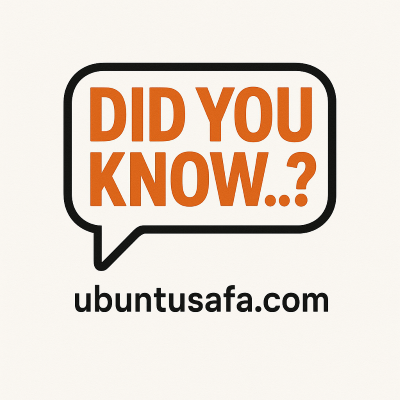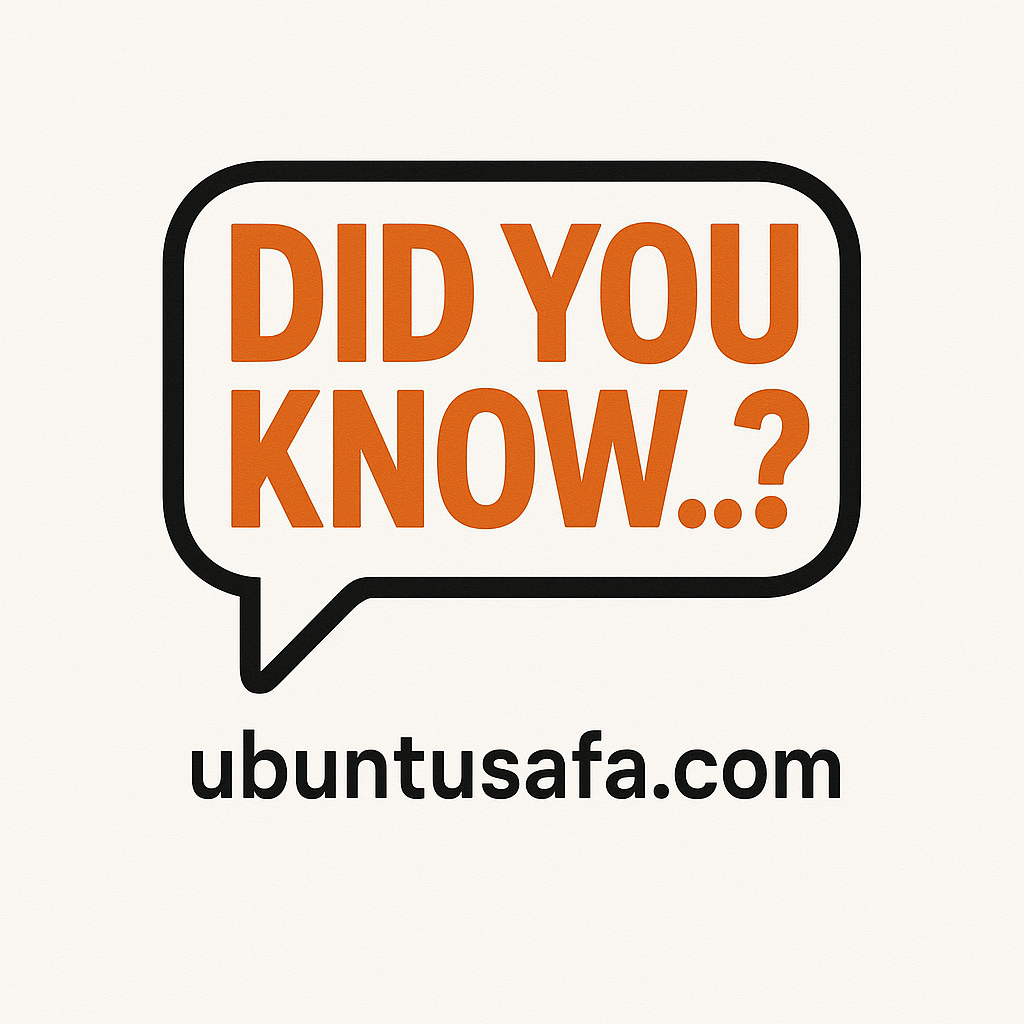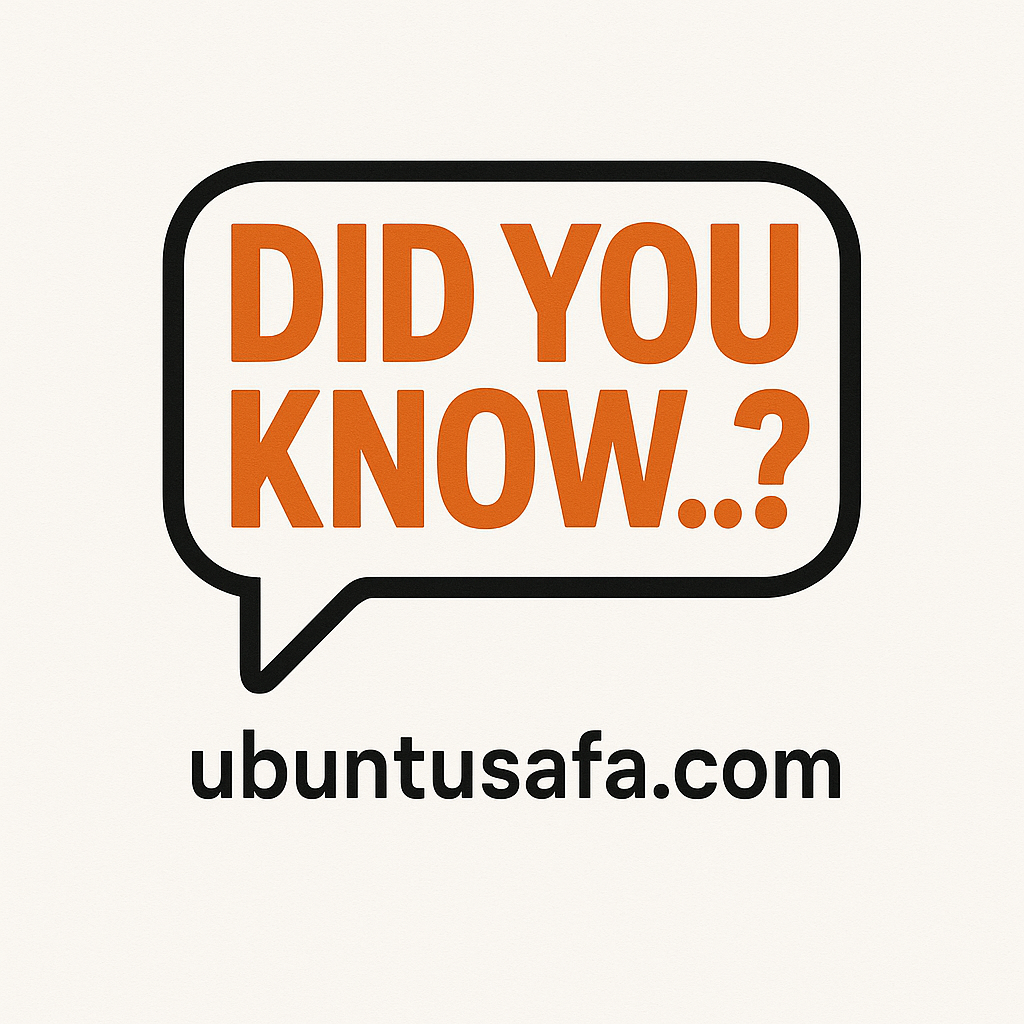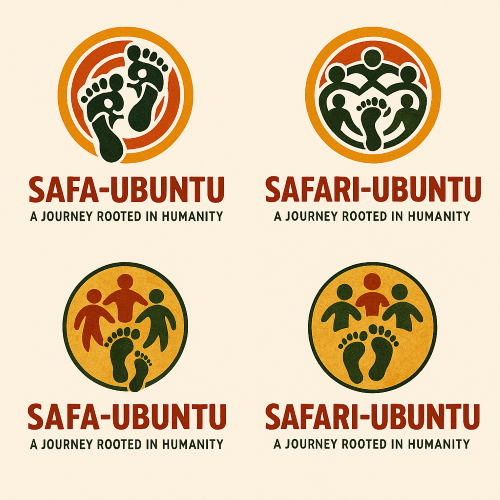Online Marketing company South Africa - Ishack Digital Consultancy
IShack Digital Consultancy is a leading online marketing company in South Africa, dedicated to helping businesses grow their digital presence with tailored strategies. Our expert team specializes in SEO, social media marketing, PPC, and content solutions that drive measurable results. With a strong focus on innovation and client success, we deliver customized campaigns that align with your brand’s goals. At IShack Digital Consultancy, we empower businesses to reach their target audience effectively and achieve sustainable online growth in today’s competitive market.
visit- https://g.page/r/CfM7_WYhKGHuEAI
IShack Digital Consultancy is a leading online marketing company in South Africa, dedicated to helping businesses grow their digital presence with tailored strategies. Our expert team specializes in SEO, social media marketing, PPC, and content solutions that drive measurable results. With a strong focus on innovation and client success, we deliver customized campaigns that align with your brand’s goals. At IShack Digital Consultancy, we empower businesses to reach their target audience effectively and achieve sustainable online growth in today’s competitive market.
visit- https://g.page/r/CfM7_WYhKGHuEAI
Online Marketing company South Africa - Ishack Digital Consultancy
IShack Digital Consultancy is a leading online marketing company in South Africa, dedicated to helping businesses grow their digital presence with tailored strategies. Our expert team specializes in SEO, social media marketing, PPC, and content solutions that drive measurable results. With a strong focus on innovation and client success, we deliver customized campaigns that align with your brand’s goals. At IShack Digital Consultancy, we empower businesses to reach their target audience effectively and achieve sustainable online growth in today’s competitive market.
visit- https://g.page/r/CfM7_WYhKGHuEAI
0 Commentaires
0 Parts
627 Vue
0 Aperçu










